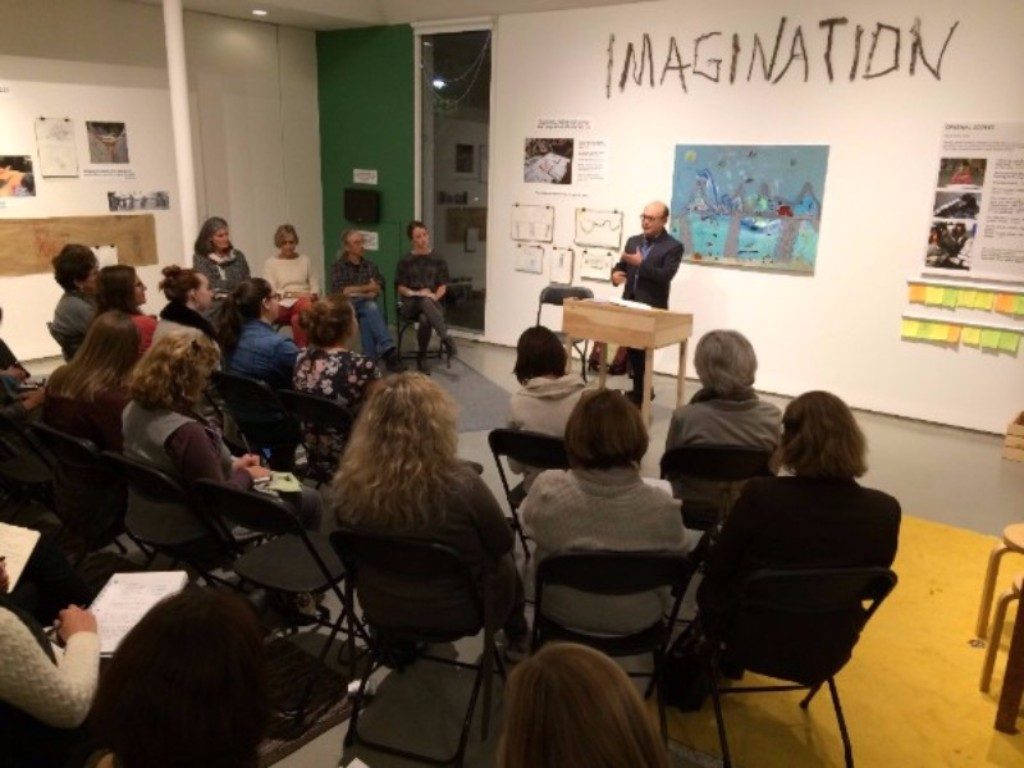
Changing Hearts to Change Behaviors: A Charlottesville Response
[et_pb_section fb_built=”1″ _builder_version=”3.22″][et_pb_row _builder_version=”3.25″ background_size=”initial” background_position=”top_left” background_repeat=”repeat”][et_pb_column type=”4_4″ _builder_version=”3.25″ custom_padding=”|||” custom_padding__hover=”|||”][et_pb_text _builder_version=”4.0.7″ text_font=”Times New Roman||||” hover_enabled=”0″ border_style=”solid” content__hover_enabled=”off|desktop” content_last_edited=”off|desktop”]
As we saw in reports from Charlottesville and other cities around the U.S. last month, groups like the KKK, neo-Nazis, and other white supremacists are acting with greater confidence than they have in decades. Marginalized people and groups continue to feel even less safe than before. Racism, sexism, homophobia, transphobia, and other bigotry that has remained more under-the-surface in recent times is now strongly surfacing in our country. At Hilltop, we are thinking about ways we can best support all children and families in a time of increasing hate and fear.
What does this mean at Hilltop?
Children may or may not be aware of what is happening in the news right now. Each family will have their own approach to deciding what to share and how to have discussions about equity and racism. At Hilltop, we have used anti-bias curriculum for years, because helping children gain skills in anti-bias work offers a strong and developmentally appropriate foundation from which to fight bigotry, racism, homophobia, sexism, and other forms of discrimination they may encounter throughout their lives. And, we feel it is essential for us to continue to hone and improve our skills in anti-bias education, which is why we are focusing our professional development for the next year or two on anti-bias curriculum, cultural competency, and equity work.
The four goals of anti-bias education are:
-
Each child will demonstrate self-awareness, confidence, family pride, and positive social identities.
-
Each child will express comfort and joy with human diversity; accurate language for human differences; and deep, caring human connections.
-
Each child will increasingly recognize unfairness, have language to describe unfairness, and understand that unfairness hurts.
-
Each child will demonstrate empowerment and the skills to act, with others or alone, against prejudice and/or discriminatory actions.
On the organizational level, our board has committed to their own ongoing work around cultural competence and equity. Our diversity committee is looking at ways to increase our dialogue and connection as a community and is also examining our institutional structures and practices to identify and shift various barriers to access and inclusion at Hilltop. The Hilltop Educator Institute has built our FY18 Educator Discussion Series around questions and topics of privilege and bias. Please take a look at the heartfelt and thought-provoking blog post written by Mike Browne, our events & marketing coordinator, about his personal experience with bias and thoughts about how Hilltop can help make change in the world (or at least in Seattle). And check out this post, written by Big Kids educator Philip Kendall, about Big Kids’ exploration of what Black Lives Matters means to them.
We continue to work on building partnerships with other nonprofit organizations in the community, including Solid Ground, where teachers, parents, and children are volunteering in their early childhood program, and Tomorrow’s Hope, who we will partner with over the course of next year through the Hilltop Educator Institute to further support the high quality education happening in their classrooms.
No one person has all the answers, and we all have expertise in different areas. Here at Hilltop, we draw from a variety of different resources to help support our children and each other, including:
-
FAQ about Anti-Bias Education from the Tufts Eliot-Pearson Children’s School
-
Responding to every day bigotry by Southern Poverty Law Center
I invite you all to share in the comment section below any additional resources that have been helpful to you, your family, or fellow educators.
We are grateful you are a part of our extended community, and that we are in this difficult yet essential work together, on behalf of our children and communities. Please let me know if you have further thoughts and if you would like to participate more in any of Hilltop’s efforts, whether by joining us at our Anti-Bias themed Educator Discussion Series this year or in any other ways that occur to you.
About Hilltop Educator Institute:
Hilltop is well-known and highly regarded in the Early Childhood Education community, for our pedagogical approach to working with children and families. In response to consistent requests from colleagues for trainings, tours, and consultations, Hilltop launched a professional development Institute in 2013. The Hilltop Educator Institute coordinates 11 different programming options including Study Days at Hilltop, an ongoing Educator Discussion Series, and coaching for other schools, facilitated by Hilltop’s own educators. Working with more than 200 programs annually who serves more than 5,000 children yearly, our services looks at the intersection of Early Childhood Education with homelessness, infant-toddler mental health, race and gender to name a few. To find out more, please visit us at www.hilltopcc.com.
###
[/et_pb_text][/et_pb_column][/et_pb_row][/et_pb_section]